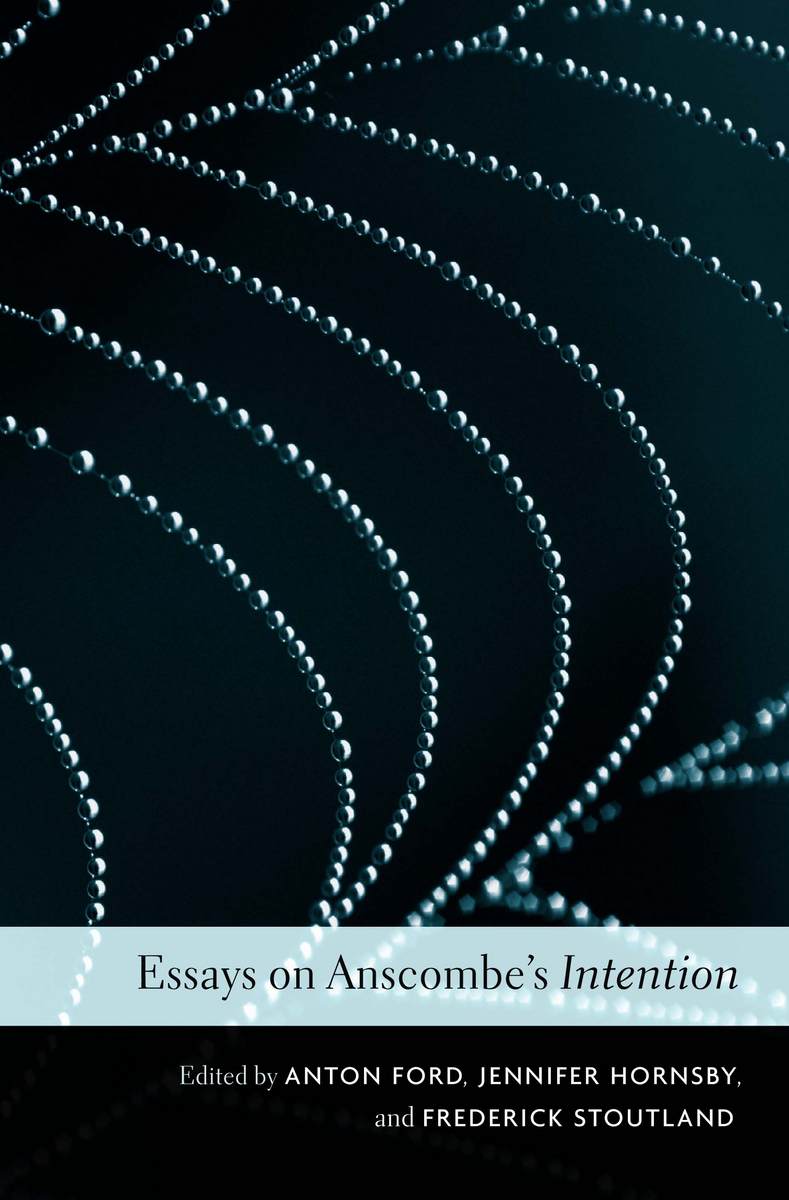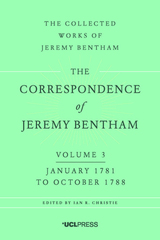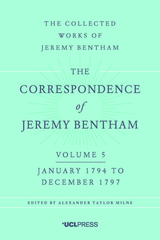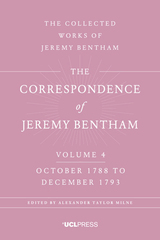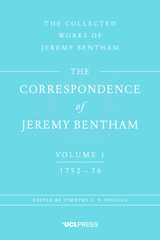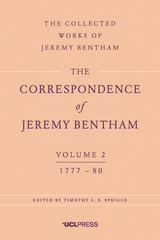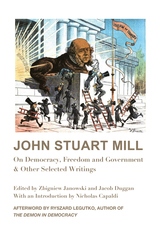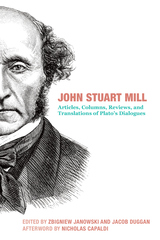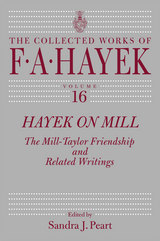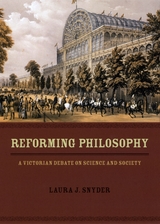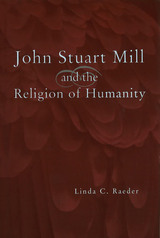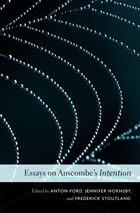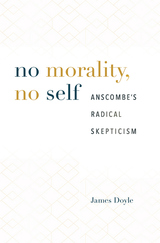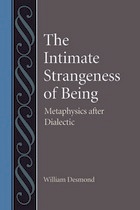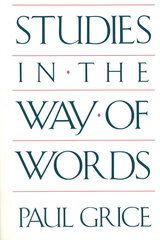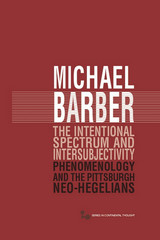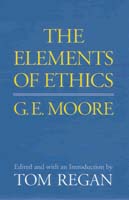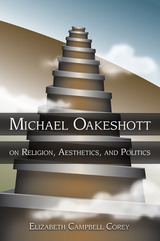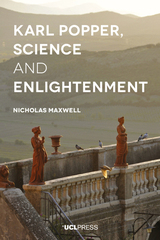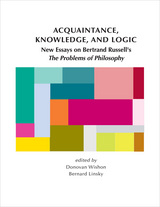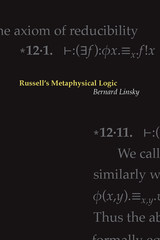This publication marks a new stage in the reception of Anscombe’s thought. In the decades following the publication of Intention, readers saw Anscombe’s philosophy of action largely through a Davidsonian lens. Davidson’s selective reconstruction was more accessible and less Wittgensteinian than the original. It also encouraged the hope of absorbing Anscombe’s insights within a comfortable causalism about the mental. This hope could be sustained as long as relatively few philosophers made a serious study of Anscombe’s book. As the present volume shows, those days are over. We now have a critical mass of authors with the scholarly skill and the philosophical acumen to put us in direct contact with Intention. This is a book about what we have missed.
-- Philip Clark Notre Dame Philosophical Reviews
One of the many merits of this collection of essays is that no one reading it could be left in much doubt of the work’s significance, nor for that matter of the fecundity of Anscombe’s thought: many of the essays here show her ideas and claims opening up new avenues and taking on a life of their own… Most of the contributors display an understanding of what Anscombe is up to that is both sophisticated and sympathetic.
-- Roger Teichmann Analysis Reviews
This volume begins with a superbly crafted introduction by Frederick Stoutland to Anscombe’s work generally and to Intention in particular, furnishing a historical situating of the work that brings much clarity to otherwise difficult passages… This is indispensable reading for specialists in the philosophy of action and for others working in related areas in the philosophy of mind.
-- J. C. Swindal Choice
The significance of Anscombe’s book Intention has been taken for granted rather than genuinely understood. This exceptionally fine collection of essays illuminates her thought and brings out its deep differences from much contemporary philosophy of mind and action. The book is outstanding in the kind of dialogue it sets up, the authors responding to Anscombe, to each other and to Donald Davidson and other action theorists. It should be essential reading for anyone with a philosophical interest in human action.
-- Cora Diamond, University of Virginia
Anscombe’s little treatise is known as the foundational text not only for the field of analytic philosophy of action, but also, given its intersections with the analytic philosophy of mind and language, as the inevitable source of so much important and lasting work in the 50 years since its first appearance. This volume offers original texts on Anscombe’s Intention by some of today’s most eminent philosophers of action. They deliver without exception on the purpose of rescuing, sharpening and clarifying the scope and depth of Anscombe’s achievements. The collection manages what many anniversary collections desire but few pull off: to vindicate its subject as still full of promise. It not only provides a renewed motive to reflect on the foundations and basic concepts of a thriving discipline, but also recommends itself as a standard text for students and teachers in courses involving Anscombe’s thought. In all, everyone who dares to quote Anscombe needs to take note of this book as a guide to the current gold standard of scholarship on her thought and in the fields she set in motion.
-- Anselm Mueller, Northwestern University
